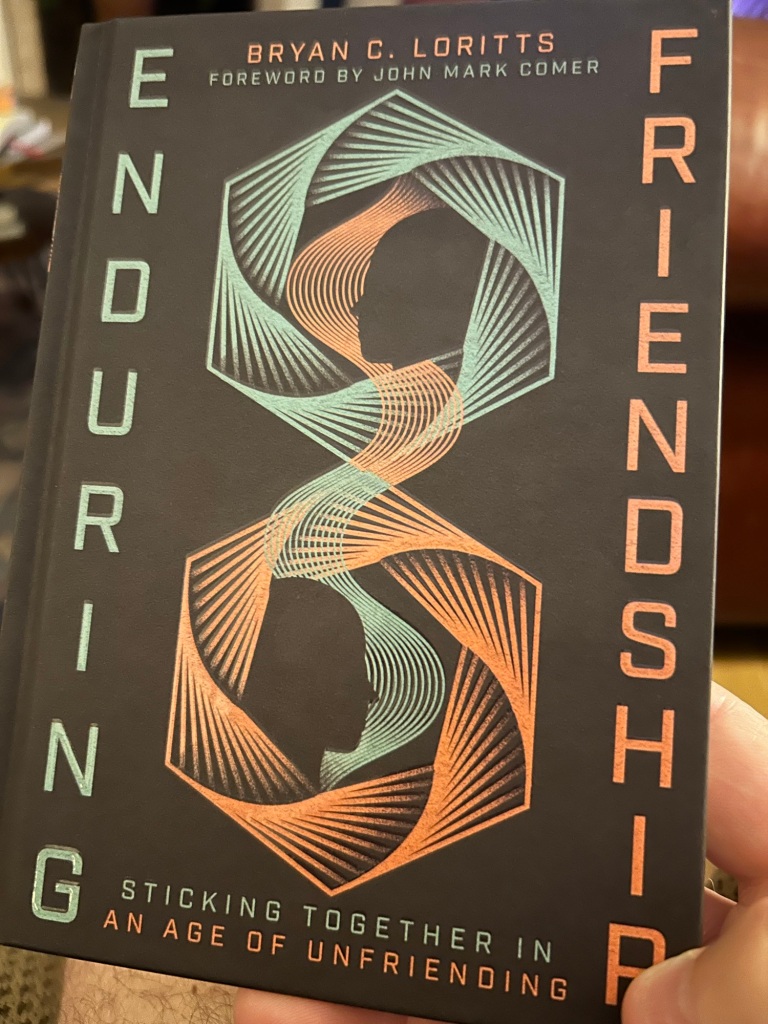Is the Pope Catholic? This humorous rhetorical device has long been used to answer a question with an emphatic “yes!” But after comments made by Pope Francis during a recent 60 Minutes interview, a lot of people are now asking the question for real.
“We are all fundamentally good,” Pope Francis told Norah O’Donnell during their exchange. “Yes, there are some rogues and sinners, but the heart itself is good.”
A snippet of the interview captioned with the pontiff’s controversial claim went viral on X earlier this month, though additional context was later added by users to indicate a slight mistranslation by 60 Minutes. The community note explained: “Pope Francis said ‘somos un poco pícaros y pecadores’, meaning literally ‘we are a little bit rogue and sinners,’ speaking to some sinfulness within each of us. This is not the same as saying ‘there are some rogues and sinners’.”
So, are all humans “fundamentally good”? Is the heart itself good? Are we just a “little bit” rogue and sinful?
Not according to the prophet Jeremiah, who said: “The heart is deceitful above all things and beyond cure. Who can understand it?” (Jeremiah 17:9).
Or King Solomon, who mourned, “The hearts of people, moreover, are full of evil and there is madness in their hearts while they live” (Ecclesiastes 9:3).
Or Jesus, who explained that “it is from within, out of a person’s heart, that evil thoughts come—sexual immorality, theft, murder, adultery, greed, malice, deceit, lewdness, envy, slander, arrogance and folly” (Mark 7:21–22).
Or the apostle Paul, who quoted the Psalms to emphasize his point: “As it is written: ‘There is no one righteous, not even one; there is no one who understands; there is no one who seeks God. All have turned away, they have together become worthless; there is no one who does good, not even one’ ” (Romans 3:10–12).
[Scripture teaches that], all humans have inherited a sin nature as a result of Adam and Eve’s rebellion against God in the Garden of Eden. As a result, we are born with a propensity towards sin, are estranged from God, and are in desperate need of salvation.
As early as the fifth century…a British monk called Pelagius denied original sin. He taught that the fall of Adam did not cause all humanity to inherit a sin nature, and he stressed that humans were fundamentally free to live good lives without the intervention of divine grace.
But a secular argument can also be made that the Pope erred on the fundamental nature of humanity. We need look no further than the collectivist political projects of last century—communism especially.
The belief that humans are inherently good allowed men like Marx, Lenin, Stalin, Mao, and Pol Pot to put forth—and put into action—their ideas that a harmonious society could be achieved if only the right social conditions were created. But eliminating existing class structures did just the opposite, creating a vacuum that was quickly filled by tyranny, oppression, and mass atrocities.
Ironically, the old systems these leaders did away with, while not perfect, had been honed over the centuries to take into account the fallenness of man. Still today, the safest and most prosperous nations on earth are those that properly account for deep human fallibility through their provision of robust checks and balances.
Thus, while the idea of original sin might sound jarring today, it remains one of the most important political insights in history. Its logic is counterintuitive. When humans assume we are fundamentally good, we end up unleashing the most unspeakable evil. But when we are humble enough to admit our fallenness and sin, prudence urges us to create the social conditions fit for human flourishing.
After all, the Christian gospel message is not that we are good, but that despite our sin, Jesus Christ is good, and that he has come to save us.
https://intellectualtakeout.org/2024/05/pope-human-heart-fundamentally-good/
Source: Berean Call


